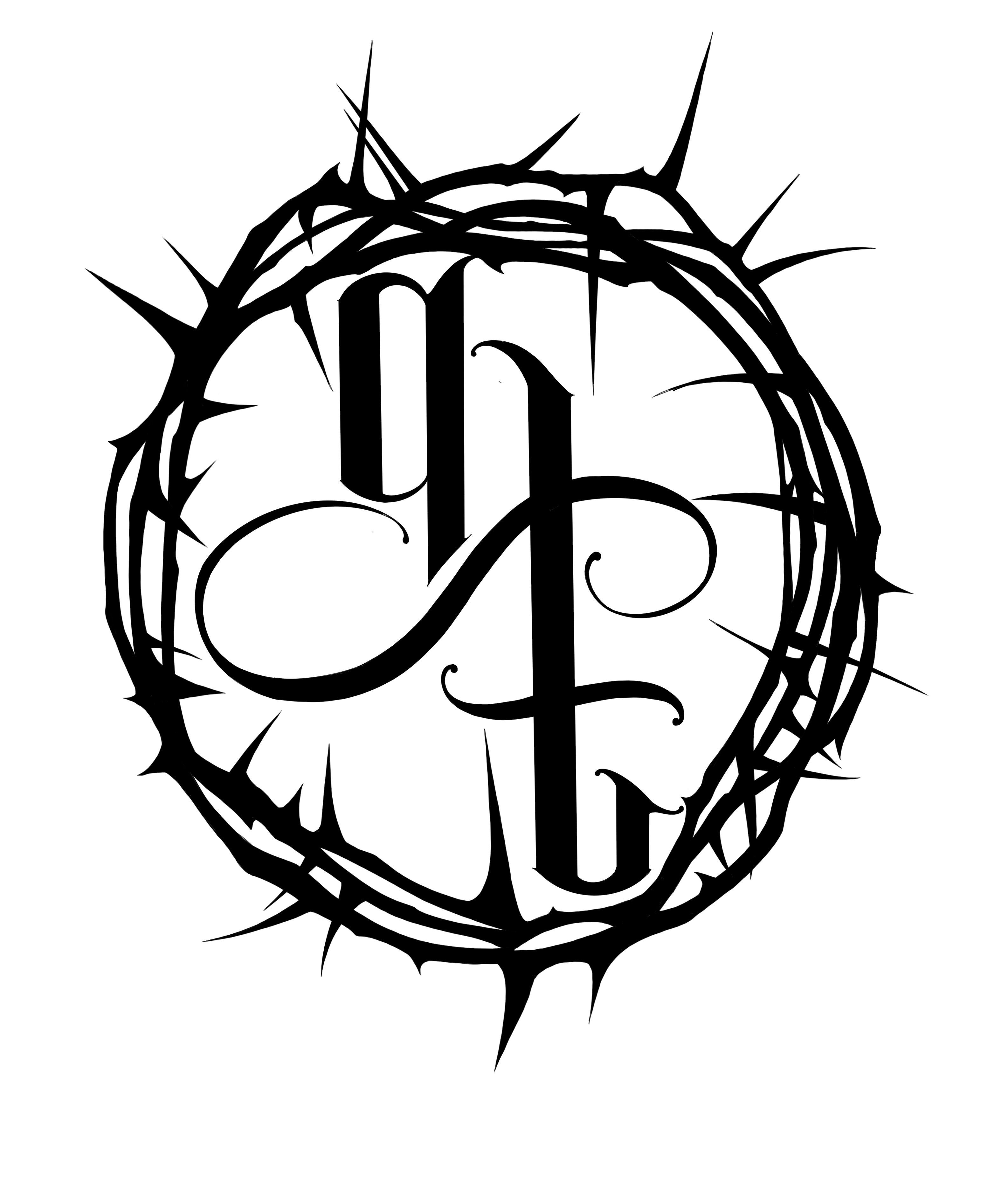Dispelling Tattoo Myths: Unraveling the Truth Behind the Ink:

Breaking Down Stereotypes
You might have heard that tattoos are only for rebels or criminals. But did you know that tattoos have been part of human culture for centuries?
Tattoos are not just for outcasts; they’re a form of self-expression embraced by people from all walks of life. From doctors to teachers to artists, tattoos are a way to showcase individuality and creativity.
Challenging Misconceptions
It’s time to debunk the myth that tattoos are a sign of irresponsibility or lack of professionalism. Many successful professionals sport tattoos, proving that ink doesn’t hinder competence or dedication.
Tattoos don’t define a person’s character or abilities. They’re simply a visual representation of personal stories, beliefs, and passions.
Embracing Diversity
Contrary to popular belief, tattoos aren’t limited to a specific demographic. People of all ages, genders, and backgrounds choose to get inked for various reasons.
Whether it’s to commemorate a loved one, celebrate a milestone, or express artistic flair, tattoos reflect the rich tapestry of human experiences.
Breaking Barriers: Tattooed Professionals Shaping Workplace Culture

Embracing Diversity
One of the most inspiring aspects of this movement is its celebration of diversity. Tattooed professionals come from all walks of life, representing a wide range of backgrounds, industries, and career paths. From doctors to lawyers, artists to entrepreneurs, they’re united by their passion for their work and their refusal to be defined by their appearance alone.
Leading by Example
In the face of lingering stigmas, tattooed professionals are leading by example, demonstrating that success knows no bounds. They excel in their respective fields not in spite of their tattoos but because of them, leveraging their unique experiences and perspectives to drive innovation and creativity.
Overcoming Adversity
Behind every tattooed professional is a story of resilience and determination. Many have faced discrimination and judgment in the workplace, yet they persevere, proving their worth through hard work and dedication. Their triumphs serve as a powerful reminder that diversity makes us stronger and more dynamic as a workforce.
Changing Perceptions
As tattooed professionals continue to challenge societal norms, they’re slowly but surely changing perceptions and fostering greater acceptance in the workplace. By showcasing their talents and contributions, they’re proving that tattoos are not a barrier to success but rather a testament to individuality and self-expression.
Creating Inclusive Environments
Perhaps most importantly, tattooed professionals are advocates for inclusivity and acceptance in the workplace. They champion diversity initiatives and promote a culture of respect and understanding, ensuring that all employees feel valued and supported regardless of their appearance.
Insights into Shifting Perceptions of Tattoos

The Influence of Media Representation
Psychologists and sociologists shed light on the changing attitudes towards tattoos, attributing much of the shift to the media’s portrayal of body art. As tattoos become increasingly visible in popular culture, from movies to social media, they are normalized and embraced by wider audiences.
Understanding Cultural Dynamics
Sociologists delve into the cultural dynamics that shape attitudes towards tattoos, emphasizing the diversity of perspectives across different societies and subcultures. While tattoos may be stigmatized in some communities, they hold deep cultural significance in others, serving as markers of identity, spirituality, or social status.
Psychological Insights into Self-Expression
Psychological research delves into the motivations behind tattooing, revealing that it often serves as a form of self-expression and identity formation. Tattoos allow individuals to communicate their values, beliefs, and life experiences visually, challenging societal norms and asserting autonomy over their bodies.
The Role of Generational Shifts
Psychologists examine generational differences in tattoo acceptance, noting that younger generations tend to view tattoos more positively than their predecessors. This shift reflects broader cultural changes, including greater emphasis on individuality, diversity, and self-expression among younger demographics.
Breaking Down Gender Stereotypes
Sociological research addresses gender disparities in tattoo acceptance, revealing that women often face greater scrutiny and judgment for their ink compared to men. Despite these challenges, many women are reclaiming their bodies and using tattoos as a means of empowerment and self-expression.
Promoting Cultural Awareness
Psychologists and sociologists advocate for increased cultural awareness and sensitivity surrounding tattoos, encouraging dialogue and education to challenge stereotypes and foster greater acceptance. By understanding the cultural significance of tattoos and respecting individual autonomy, we can create more inclusive and supportive communities for all.
